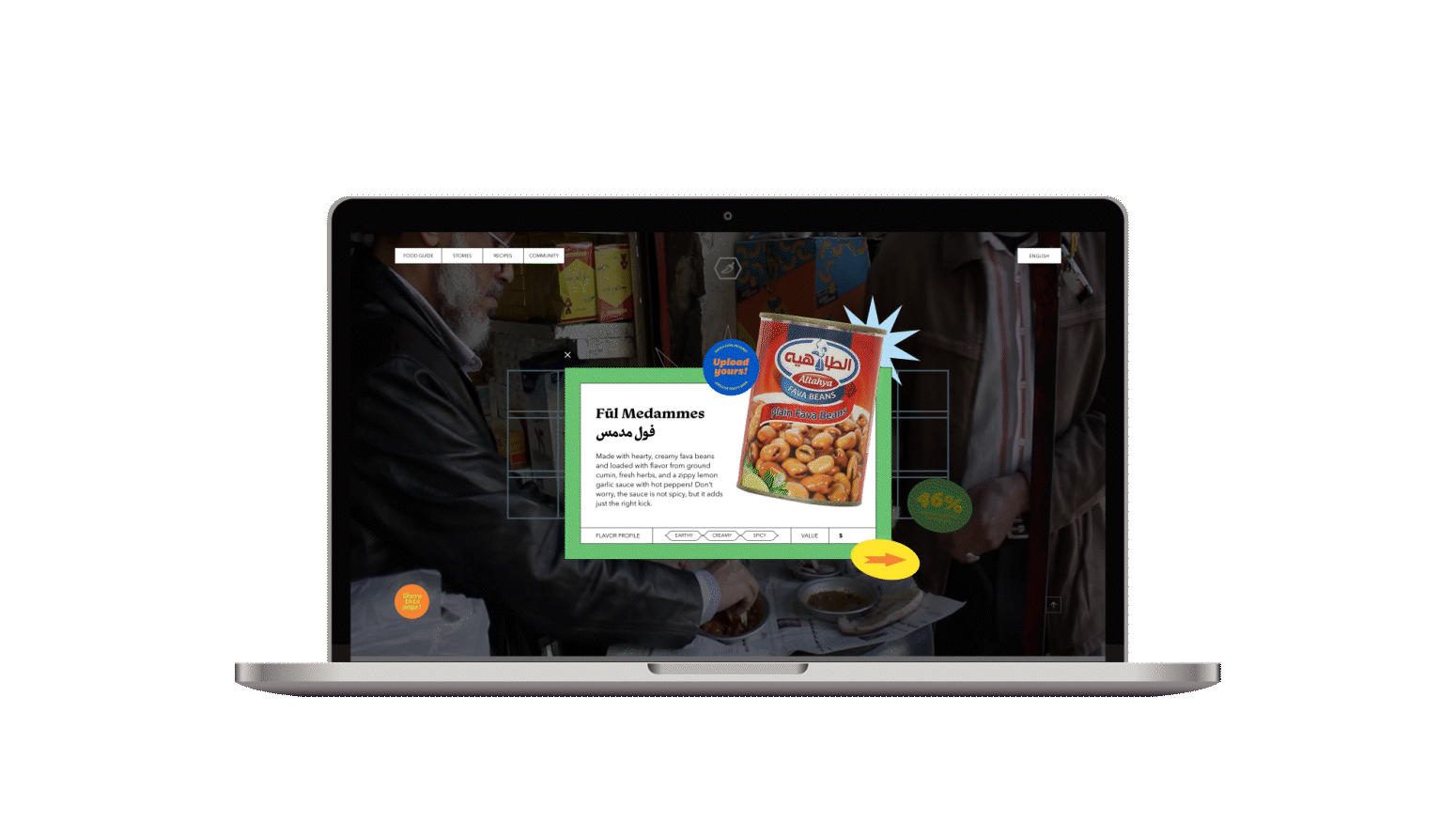In all cultural traditions, the way people deal with and talk about food is often reflective of their cultural identity. For Egyptians, food comes from our ancestors, our relatives. It is our past and our future. We wait all day for the chance to get together for family lunch, for afternoon tea with the ladies, or for a midnight coffee at the ahwa across the street. Our children play in the sun singing songs about okra while their mothers chuck peas in the living room. Every dish is a celebration of flavors, colors, and rituals that everyone enacts unquestioningly. That is how much we value food.
The Kilo Bamia project tells the story of food culture, rituals, history, and relationships. It tells the story of the way we eat and the way we live. It tells the story of us.
This project was initiated under the supervision of MA Sally Skerrett.
Select elements from the project were featured in Cairopolitan’s Cairo Prints III and are available for sale on the Cairopolitan website.

When creating a classification framework for visual anthropological research, the idea was to give insight into the relationships between personal identity and food behaviors, accounting for food idioms, national habits, origin stories, and well-loved flavors.








★ Sample from a 120-item Egyptian food database ★







